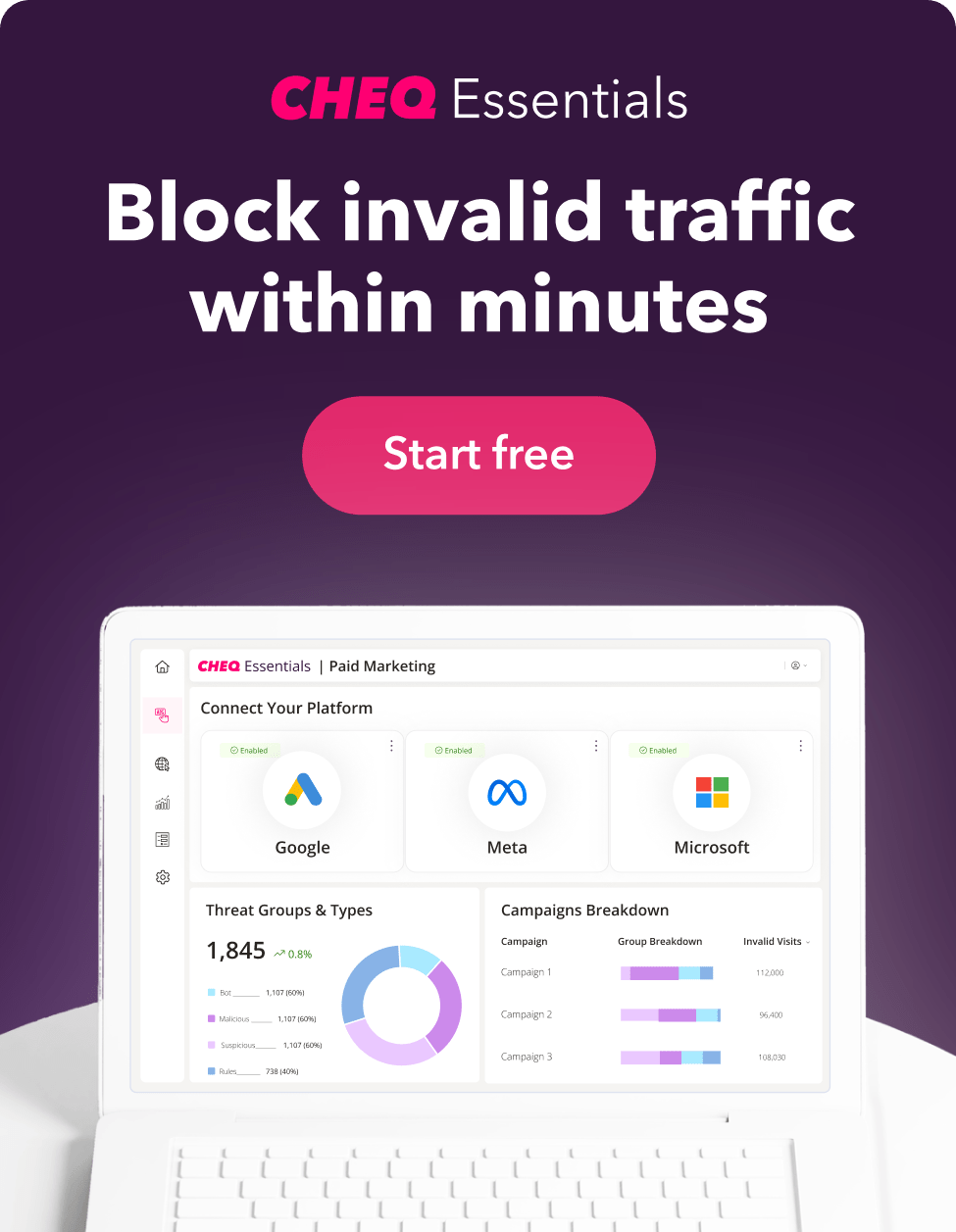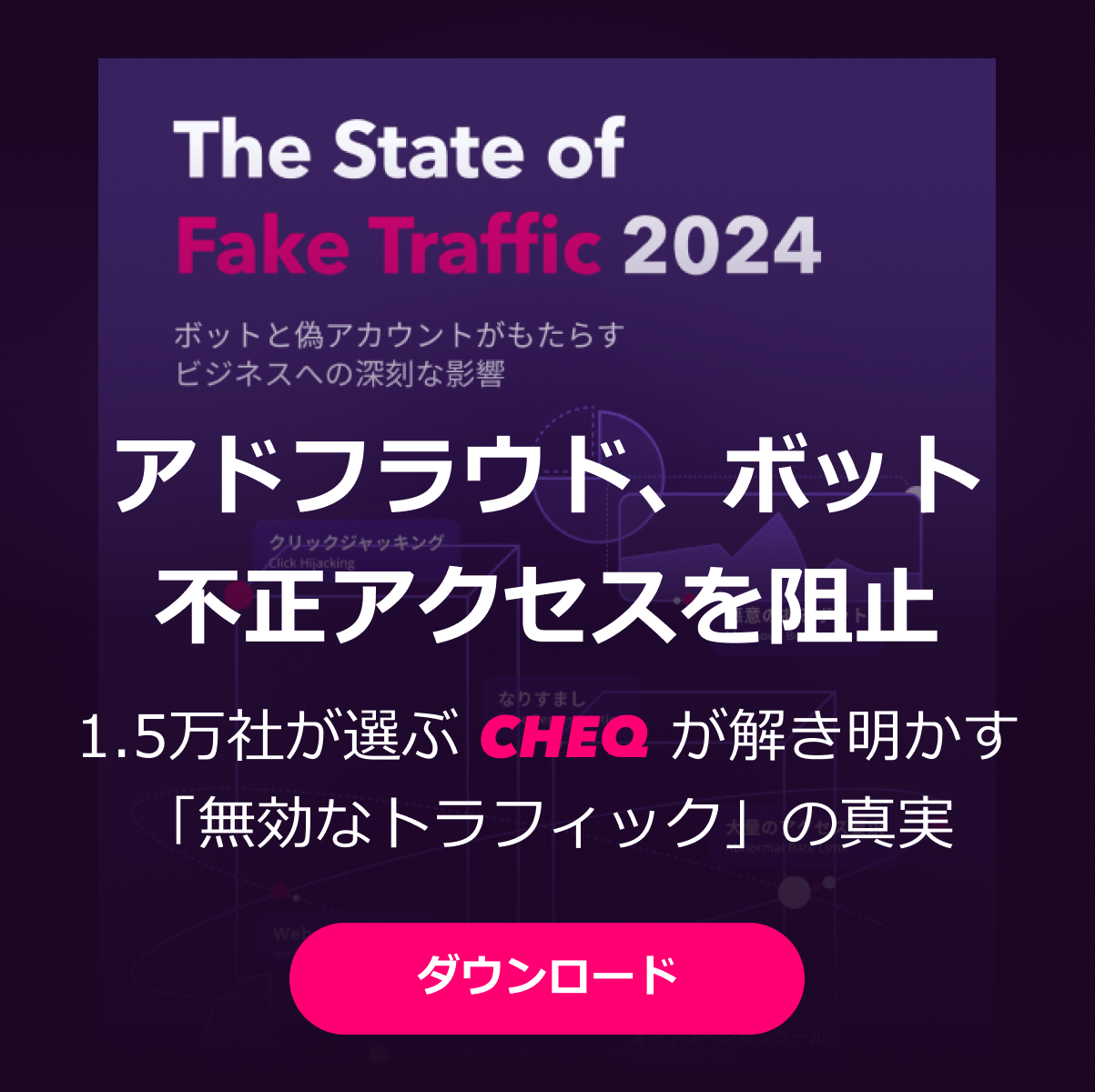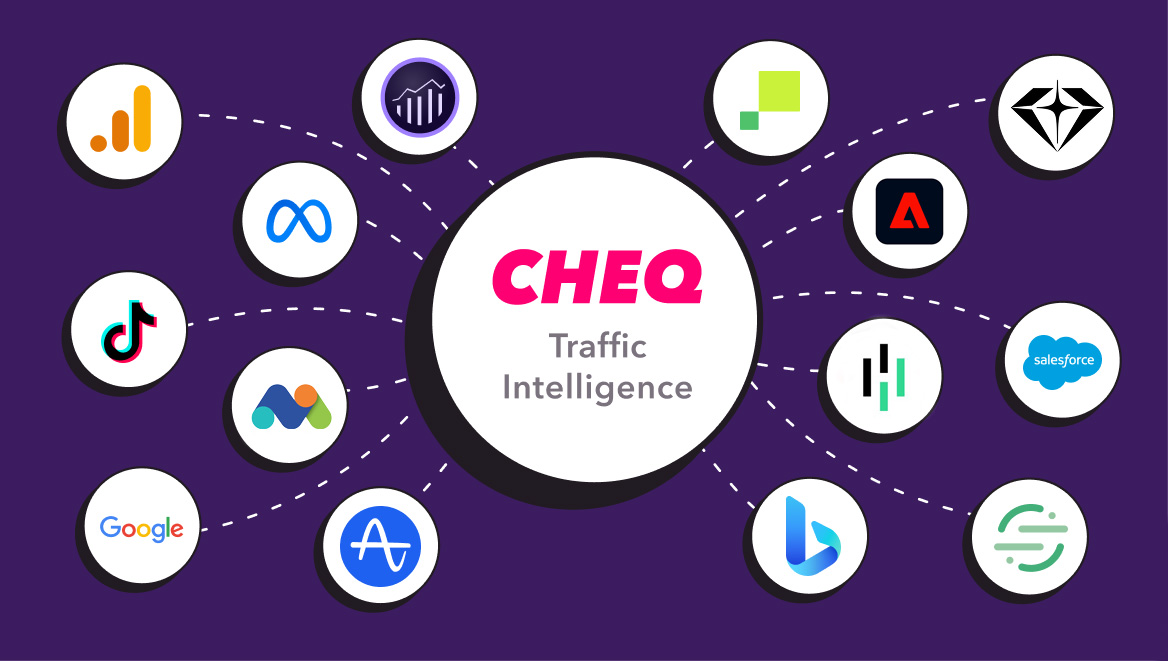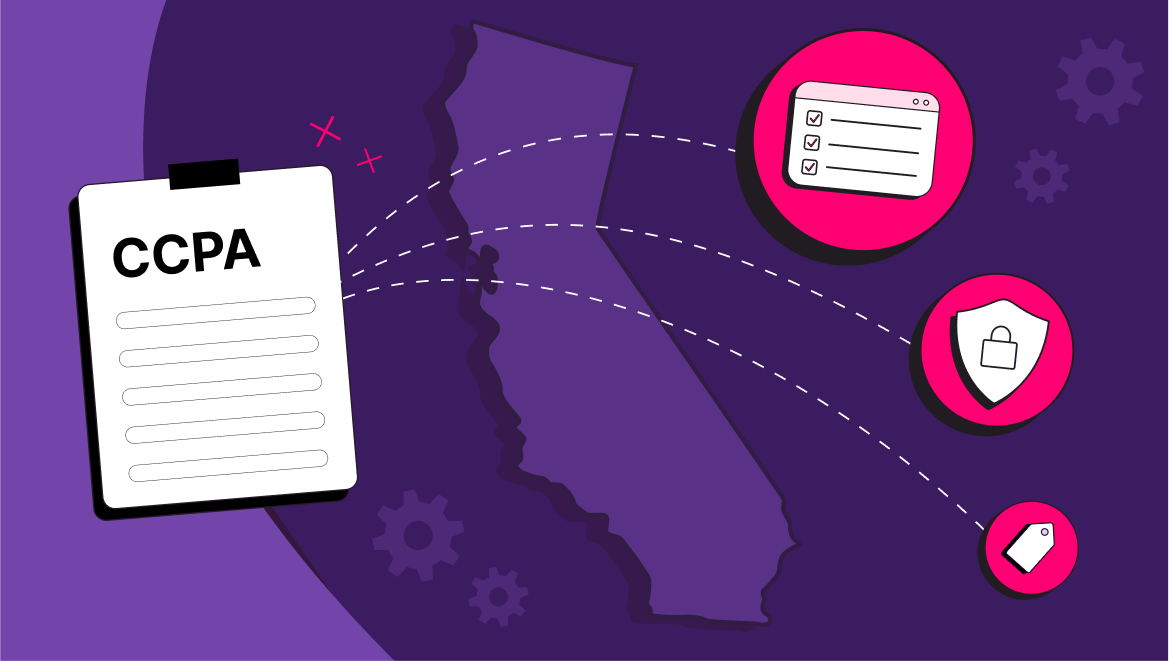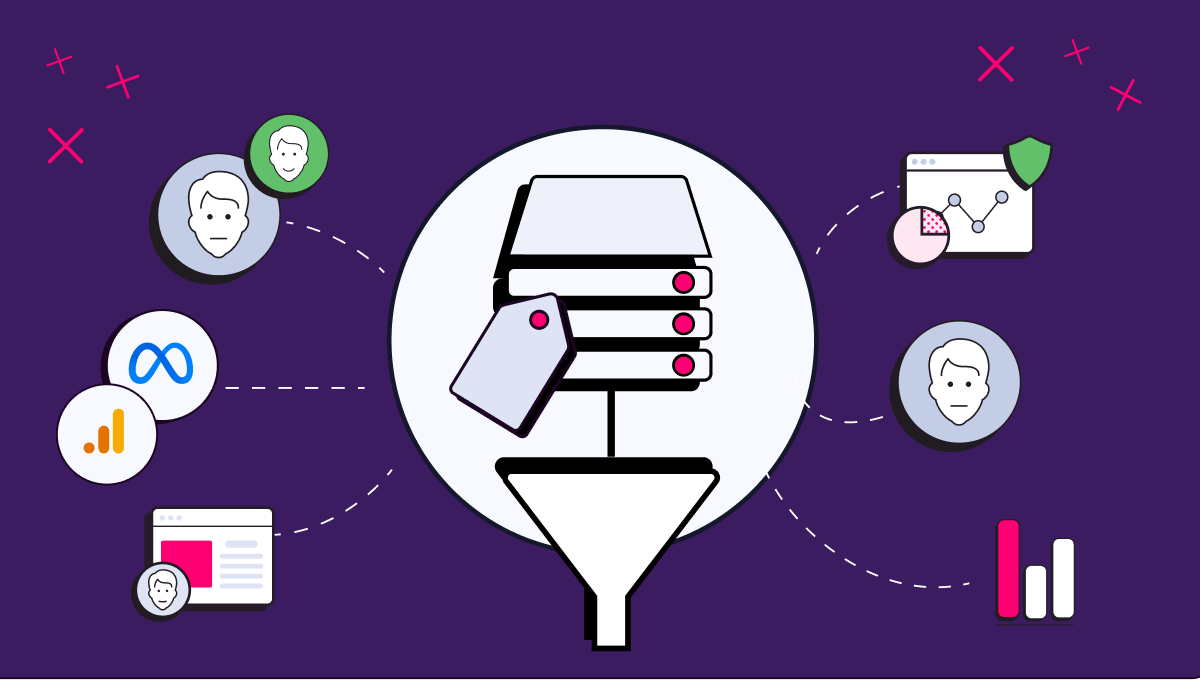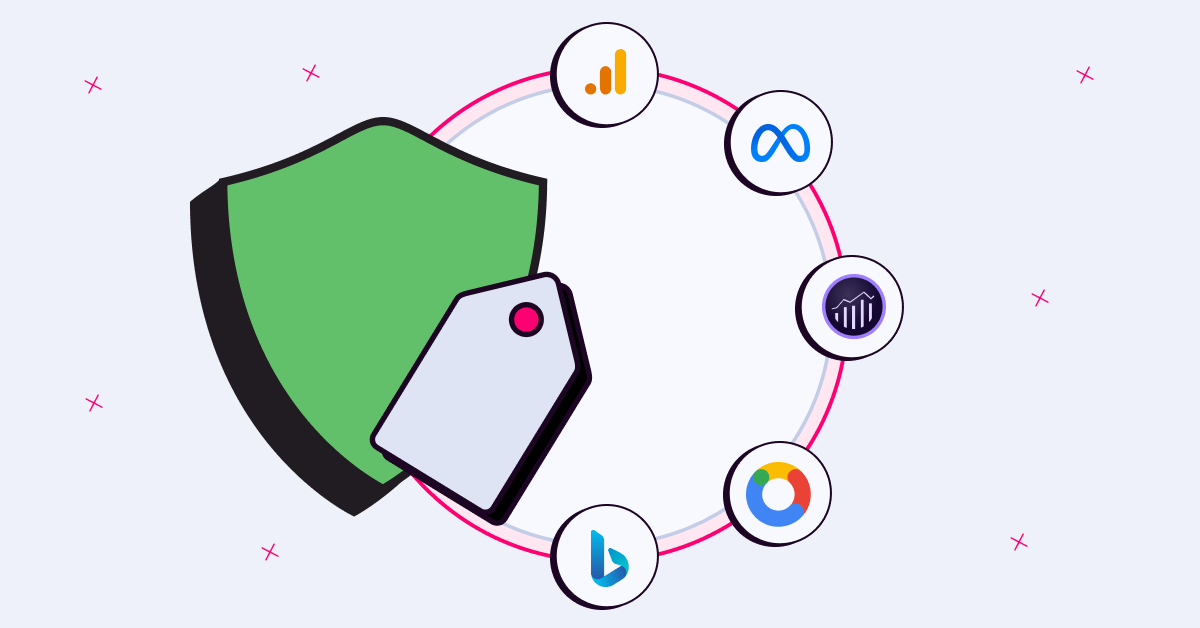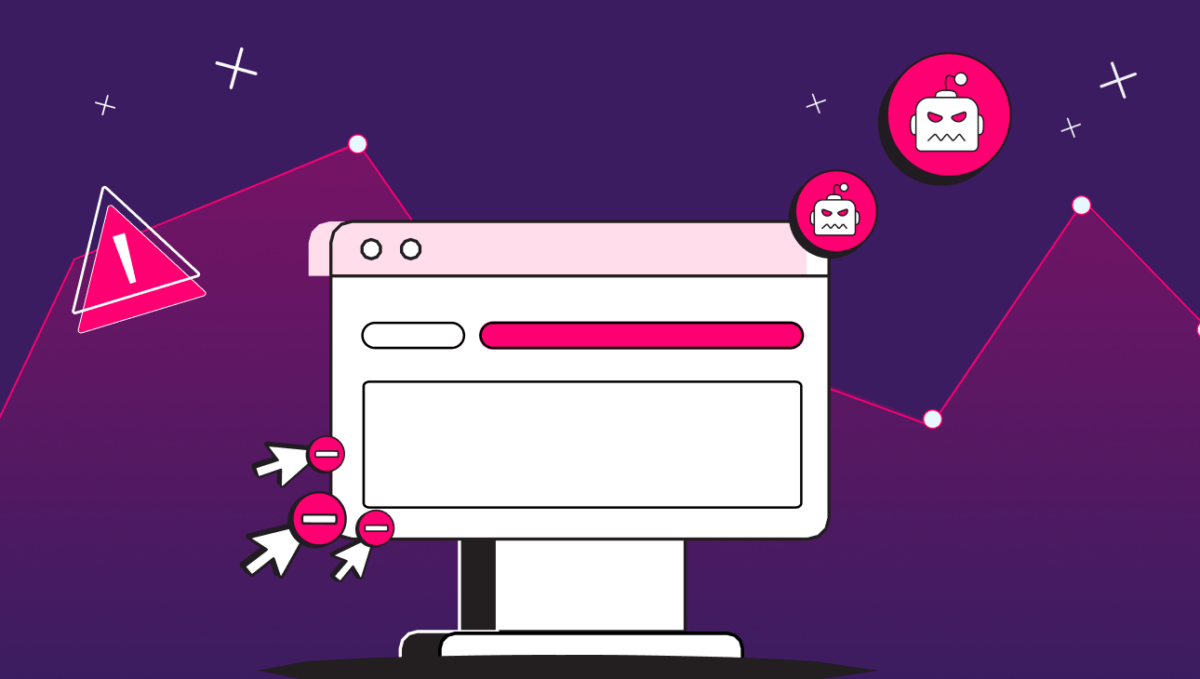Does my organization need a PPC consultant?
Kerry Coppinger
|Marketing | September 28, 2022

Most organizations with ambitions to reach new audiences and expand their customer base have some type of advertising strategy in place. There are nearly endless channels to utilize and various types of ad strategies that marketing departments can adopt.
For example, if the goal is simply to spread awareness to a large number of people from all backgrounds, an out-of-home billboard campaign or TV spot measured on impressions or views might suffice. On the other hand, if a company only wants to focus on sales, a digital cost-per-conversion model might be more useful.
One of the most common types of advertising strategies sits somewhere in the middle of these two examples and is called pay-per-click advertising, or PPC for short. As the name suggests, PPC advertising is a type of advertising where the company pays a designated price when a user clicks on one of their advertisements.
The marketer, or ad buyer, can set a maximum price they are willing to pay for each click, and the platform they use will take that into account when promoting their content to internet users. PPC advertising can be a great way to reach a decently sized audience while only spending their budget on users who click through and, therefore, show some level of interest.
If an organization is launching PPC campaigns, they might consider enlisting help.
If a company is ramping up its PPC campaigns or expanding existing campaigns and looking for expertise, it might first consider designating a specific employee to focus on this particular domain. Perhaps they can promote someone internally who has had experience working on campaigns previously and allow them to be the dedicated person for PPC. Or maybe they will opt to hire someone new for a fresh perspective.
The benefits of having a designated full-time employee for this function include their deep knowledge of the products and services a company offers, availability to frequently collaborate with the rest of the team, and the ability to grow within their career at the company and continue to provide additional value over time. However, full-time employees are also typically more expensive than using outside sources on a part-time or freelance basis.
Another option is hiring an advertising agency. Ad agencies typically bring a range of experiences to the table and can offer advice based on learnings, trends, and best practices. Also, since there are agencies that specialize in PPC specifically, the organization can feel confident they are working with experts in that arena.
However, agencies are typically working with various clients and may even be working with competitors in the same agency, which can raise concerns about the level of attention each customer receives and how original the ideas presented might be if they are recycled by several clients.
For companies who want an individualized approach and a degree of expertise but also an ad-hoc style of working – a PPC consultant might be a good fit. PPC consultants are typically freelance workers or entrepreneurs who have previously worked for agencies or in-house at large corporations and now provide their expertise to other organizations on an as-needed basis.
These consultants might still take on other clients, but if they are needed for a campaign launch or other major campaign update, they could be used as a temporary dedicated resource for the team. These types of workers can be a good fit for businesses that are looking to be agile, launch campaigns quickly, and work with someone who can give them undivided attention for an agreed-upon time span.
Once an organization decides to hire a consultant, they might consider these qualities.
Cost
As with many business decisions, the choice to hire a PPC consultant sometimes comes down to price. However, it is important to weigh the cost of the consultant against their experience and expertise to determine if it is worth it. If a consultant is cheap but does not have the knowledge required to launch sophisticated campaigns, the company could end up paying for it later when the ROI is lower than expected.
Platform Specialization
The company can also consider the type of campaigns they want the consultant to handle. Is the organization striving to use multiple platforms? Will there be campaigns on paid search, paid social, or other platforms? Some consultants may specialize in particular platforms. There might also be consultants who can work on all platforms but have more experience in some than others.
Industry Specialization
Similar to how consultants can specialize in platforms, they can also specialize in industries or verticals. When an organization looks at the consultant’s experience, they should consider not just the success of previous clients but also what type of businesses those clients specialize in. If a consultant has seen massive success with small mom-and-pop shops but has never worked with an enterprise organization, maybe large companies should look elsewhere.
Competing Clients
There is a fine balance between finding a consultant who has worked with a given industry but is not currently working with other organizations that could be seen as competition. This could lead to a conflict of interest or an unoriginal ad strategy for both parties involved. This is very important to consider before hiring the consultant and can even be worked into contract agreements.
Knowledge of Impacts on Campaigns
All of the above are important considerations and speak to the individual’s expertise on the PPC front. However, they do not highlight or provide context on the consultant’s knowledge of outside factors that can sabotage even the most perfectly set up campaigns. Today, we are living in a world where nearly half of the internet is made up of bots and fake users. Whether or not a company is directly targeted, nearly all campaigns are affected to some degree by these threats. Consultants should be aware of these outside factors and consider them when evaluating the ultimate success of these campaigns.
Interested in learning how your organization stacks up? Book a scan here
Organizations will evaluate success based on key performance indicators.
In addition to cost-per-click (CPC), there are several other metrics that measure the ultimate success of these campaigns. Each of these is somewhat in the company and consultant’s control, but they are also impacted by the previously mentioned outside forces, known collectively as the Fake Web. The following are considerations for each.
Conversions
When bots and fake users click on an advertisement and arrive on a website, they can sometimes fill out forms or otherwise show interest, which inflates engagement metrics. If these users are not accounted for by the consultant, the organization will have an inaccurate view of its advertising conversion metrics.
Site Metrics
Similarly, other website metrics such as bounce rates, pageviews, new vs. returning visitors, and more can also be impacted by the Fake Web. If advertisements bring in these types of users, the issues could continue to infect the overall marketing metrics that other team members are measured on as well. Recent studies have shown that session durations – for example – are skewed by 41% on average because of this.
Databases
If this invalid traffic (IVT) is not stopped or filtered out, it can then make its way into company databases. Since many CRMs are priced on a per-contact model, this can inflate those bills unnecessarily. Furthermore, it can reduce open rates and click-through rates on further emails if the company tries to re-engage these contacts after they enter the system via a PPC ad.
Sales Efficiency
Another key issue PPC consultants should consider is the use of the sales team’s time. If PPC ads accidentally target fake contacts or bots are clicking on ads – those fake leads could then be passed off to sales teams to try to move them further down the funnel. When bots are being passed to sales as leads, it can be a massive waste of time and energy, ultimately taking away from valid leads.

